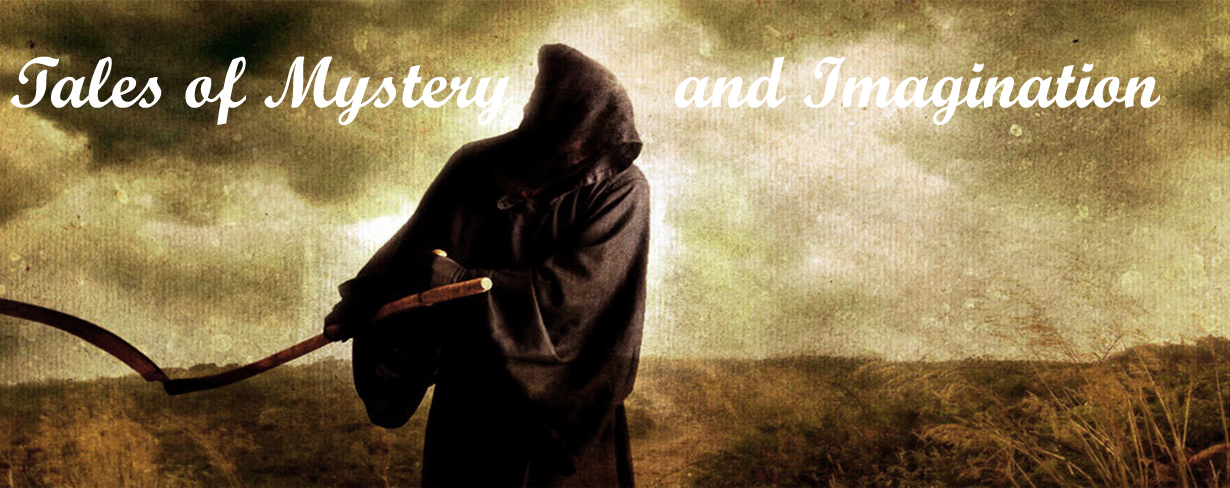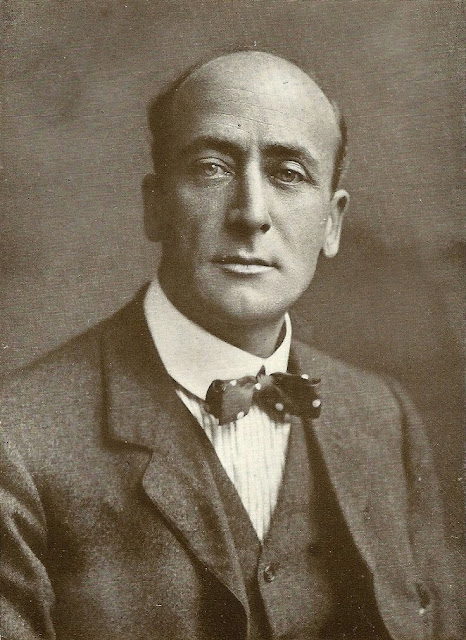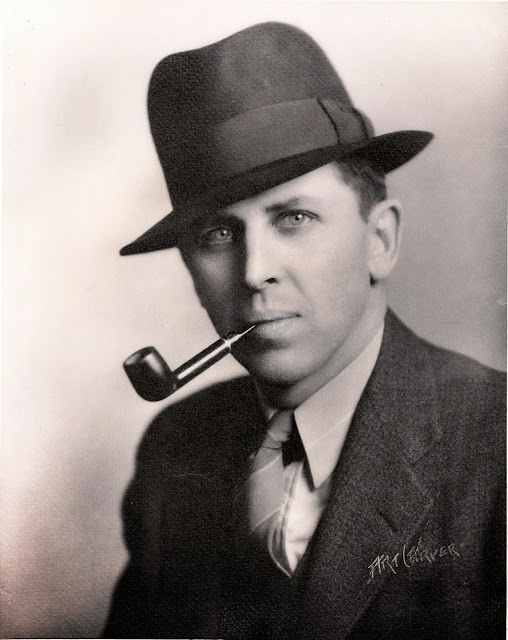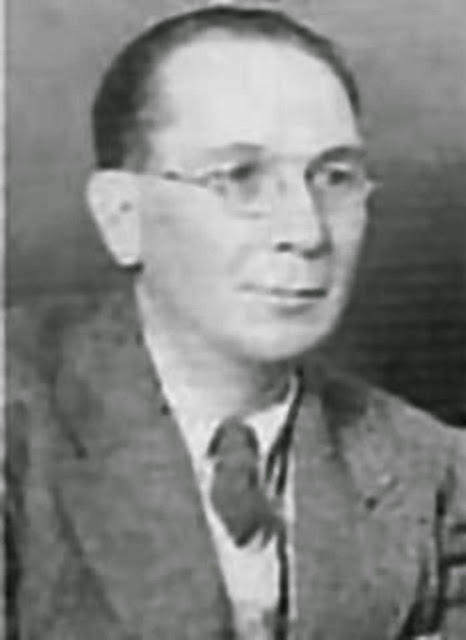Siempre he sentido predilección por los géneros literarios considerados menores —entre ellos, por ejemplo, la ficción mínima, que tan a menudo he cultivado—, lo que me ha llevado una y otra vez a bucear en un mar poblado de cardúmenes de letras en busca de esa pieza especial, ese coral oculto que me ofreciera algo distinto, sugerente, alejado de las corrientes literarias más recorridas.
En esa búsqueda me he topado con todo tipo de obras y autores, pero si existe un autor cuya obra me ha marcado profundamente ese es, sin duda, José Hernampérez. No encontrarás nada de él en la red, me temo, pues sus libros apenas se han distribuido más allá de la provincia que le vio nacer, Soria. José Hernampérez, oriundo de Castillejo de Robledo, un pequeño pueblo perdido en la confluencia de las provincias de Segovia, Burgos y Soria, escribió toda su obra en el silencio del que se sabe querido por los suyos pero teme abrirse a otro público quizá más exigente, quizá menos preparado para lo que él quería mostrarles. Me imagino al autor con su pequeño teatrillo a cuestas, recorriendo en su carro el camino de tierra que conducía a Maderuelo, deteniéndose sobre el puente que hoy cubre el agua a contemplar el pueblo y preparar su obra, y siento nostalgia de tiempos y personas que no he conocido. Falsa nostalgia de un pasado que no es el mío, pero que me hubiera gustado compartir. Porque José Hernampérez llevó una vida tranquila, oculta tras bastidores y títeres, ajeno a glorias y famas pero siempre ofreciendo a su público fiel lo mejor de sí mismo.
La obra de José Hernampérez abarca desde el poema hasta el relato —nunca cultivó la novela, al menos yo no he logrado encontrar referencias ni textos en el exhaustivo recorrido que he realizado de su obra—, si bien la mayor parte de su creación se centra en los títeres. He recorrido los pueblos de la zona que frecuentaba para hablar con los más ancianos, aquellos que quizá recordaban su carro y su teatro (el Teatro de la Tía Norica lo llamaba), pero no he tenido fortuna. Apenas una sonrisa a medias, un comentario fugaz, una recomendación para hablar con otro parroquiano. Cuando les he mostrado el legajo con parte de sus obras he visto el brillo del reconocimiento en sus ojos, pero nada más me han dicho. Yo siempre les preguntaba lo mismo: ¿han visto a José Hernampérez representando estas obras?
Porque los papeles que yo poseo, encontrados bajo uno de los bancos de la pequeña iglesia románica de Castillejo de Robledo cuando realizaron las obras de restauración, muestran obras escritas que, francamente, no veo cómo un hombre pudo representar. Y no me detengo a valorar su temática, ya de por sí extremadamente grotesca e inusual para la época, sino a su estructura alejada de las formas clásicas, a sus diálogos faltos de ritmo y a la gran cantidad de personajes y decorados que algunas de ellas implican. ¿Fue capaz José Hernampérez de representar estas obras, tal y como nos cuenta en su diario de viaje? Si fue así, ¿por qué nadie le recuerda? ¿Por qué parece haber sido olvidado?
Incluso en Castillejo de Robledo poco o nada saben de él. Visité el viejo cementerio, situado en una colina a poca distancia del pueblo, y allí encontré su tumba, apenas una cruz oxidada y un pequeño túmulo perdido junto al muro de piedra desmoronado. Algunos le recordaban, o habían oído hablar de él. Un ermitaño, un hombre de pocos amigos que nunca pisó el único bar del pueblo. Ahora, claro, es distinto.











